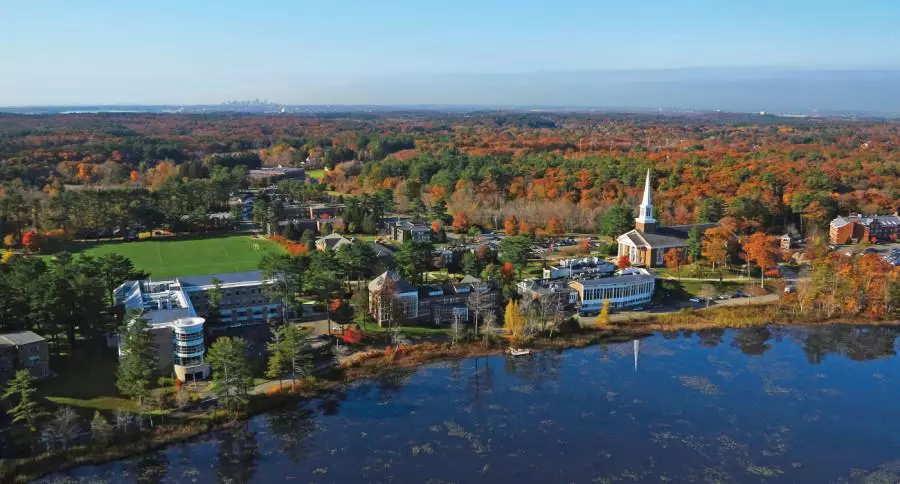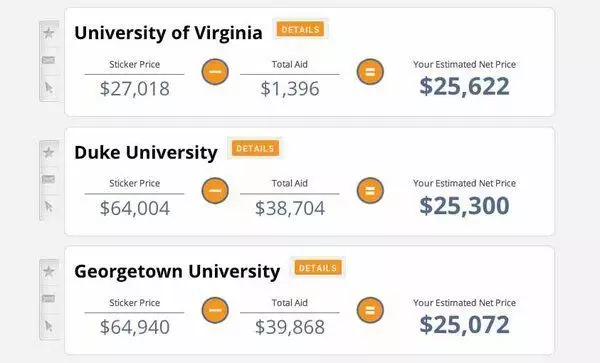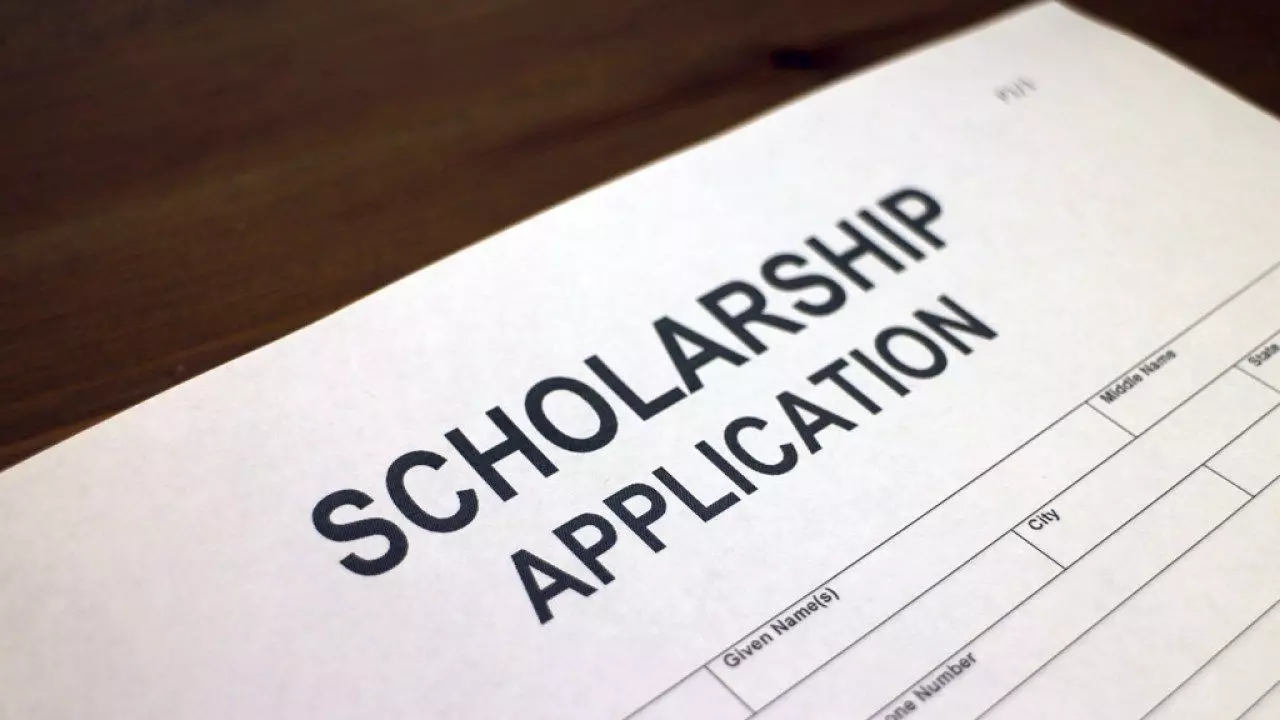I have spoken to a LOT of students (mostly through Instagram, but also through my office hours sessions) who have requested I post more information and resources for those of you who want to study in the US.
So, if you're a student currently living in a country other than the United States, and you are considering (or already planning on) coming here to pursue your higher education degree (whether it's undergrad or grad), you've come to the right place.
FULL DISCLAIMER: As someone who attended college in the US as a US citizen and non-international student, I am definitely no certified guru on all of the ins and outs of what goes into this process.
However, I have been doing a fair bit of research on this over the last few weeks per your requests, so now I want to share the wealth of my findings with you here!
Without further ado, below, I will outline the general process of everything you need to know in order to prepare to and successfully study in the US.
First things first, you're going to want to start by doing some research on the schools that you might be interested in attending. If you are interested in coming to the US for your undergraduate degree, it is recommended that you start this process anywhere between 12 and 18 months prior to when you would start your first semester.
You'll want to start the process by making sure that the schools you are looking at are certified by the Student Exchange Visitor Program (SEVP). You can do this by heading to this school search.
Luckily, there are literally thousands of schools on this list, so I am positive that you will have no problem shortlisting at least a few after you've narrowed down your criteria.
Speaking of narrowing down your criteria, if you want to make this process as seamless as possible, you'll likely want to answer a few of these questions below to help you get started and pick some schools:
*Why do I want to study in the US?
1) what type of program am I interested in?
2) will I need financial assistance, and if so, how much?
3) what are the specific deadlines for the schools I am interested in?
4) is there any specific area of the country that I want to study in?
5) what type of school do I want to attend (for example, a large public university or a small private college, a city school, or a rural campus?)

After you've answered hopefully all of these questions, you can look to the next step, which is focusing on how you are going to finance your degree.
Your education, like a lot of other things, is an investment in your future, so it is of the utmost importance that you spend a considerable amount of time assessing your options financially and factoring cost into the equation as you think about what schools you're interested in.
It's no secret that studying in the US can be expensive. However, it doesn't necessarily have to be. Location is one thing you will definitely want to keep in mind here. Certain schools are notably more expensive than others because they are located in areas with a high cost of living.
If you know that you are on a budget, consider focusing your research on public universities (they tend to be less expensive than private schools) that are located in more suburban or rural areas, as opposed to bustling cities.

Also on the topic of finances, as an international student looking to study in the US, you, unfortunately, cannot apply for the FAFSA or federal aid. However, lots of US colleges and universities offer generous scholarships and tuition opportunities to international students.
This great resource allows you to search through these opportunities and offerings based on degree level, US state, and location. I suggest you use this tool to look up the opportunities that all of the schools you are interested in have to offer.
PS - the easiest way to keep track of all of this information is definitely through a spreadsheet. I definitely recommend creating one where you can keep track of all the financial information you find about the schools you want to apply to, so you can eventually compare!

Now that we've gotten some of the finance stuff out of the way, we can focus more on the actual admissions process.
Since the majority of you who have reached out to me have been high school students (juniors and seniors) asking specifically about undergraduate degrees, I'm going to walk you through some key pieces of the undergraduate admissions process, highlighted directly from the EducationUSA website:
One thing I additionally want to note is that each US college and university has its own specific set of application requirements, so be sure to check on each school's website to make sure you have everything you need to apply!

Once you have gone through the admissions process and you have been accepted to the school(s) you applied to, you can look into the next step, which is applying for your visa.
Along with your acceptance to a school, you will receive what's called a Form I-20, or "Certificate of Eligibility for Nonimmigrant Student Status". After you receive this form, you then must pay a fee (called an I-901 SEVIS Fee) so that you can be issued a visa. If you do not pay this fee, you cannot go through the visa process, so make sure you pay it!
The proper visa for students coming to study in the US through an undergraduate program is the F-1 visa. This page highlights everything else you will need to guide you through the visa application process.

Once your visa is fully processed, you can continue to prepare (mentally, emotionally, AND financially) to head over to study in the US! Speaking of financial preparation...
Hopefully whatever school you end up deciding to enroll in has some decent scholarship and financial aid opportunities to help you fund your education. Some schools even offer scholarships that are close to a full-ride for the highest-achieving international students!
But, I would be remiss to leave out the importance of applying for outside (private organization) scholarships from this post!
These types of scholarships (merit-based, no-essay, and more) can be a great way to help supplement any of the aid that you receive from your school itself.
If you're not sure where to get started with applying for these types of scholarships, I recommend you start by heading over to my blog post on Scholarships for International Students.
After that, take a look through my database of scholarships to find other opportunities that you might be a good fit for.
So with that, I think I have covered pretty much everything there is to know (on a somewhat high level) about studying in the US. Happy researching, applying, and attending!